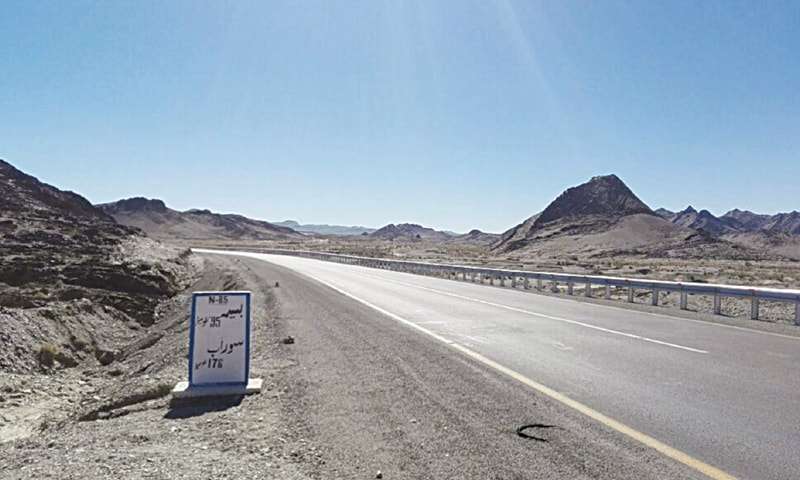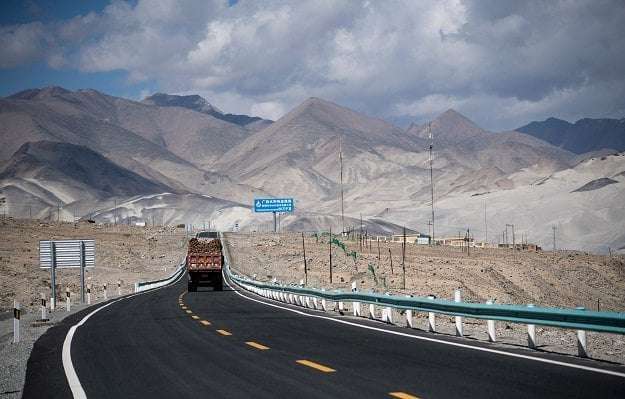
The current state of Balochistan’s national highways is a tragic reflection of negligence and oversight. Balochistan, with its huge expanse & strategic importance, deserves modern road network that safeguards lives, and enhances connectivity. It’s time for the authorities to rise to the occasion, take decisive action, and ensure that the people of Balochistan no longer have to risk their lives on substandard roads. Balochistan, the largest province of Pakistan, occupies approximately 43 percent of the country’s geography. Its strategic significance cannot be overelaborated, given its borders with Iran and Afghanistan. However, despite its size and importance, the conditions of its road infrastructure remains terrifyingly inadequate, leading to an alarming frequency of severe road accidents that claim numerous lives daily.
It is a paradox that within a province pivotal to regional connectivity and trade, life-threatening roads have become the norm. The Quetta-Karachi-Chaman international highway, once hailed as the ‘London route’ due to its historical significance, is now plagued by perilous conditions. The artery connecting Pakistan with Iran and Afghanistan, far from embracing modernity, remains a single lane road, causing a distressing number of severe road accidents. This is not merely an inconvenience; it is a grave injustice to the lives lost and affected daily.
The issue goes beyond mere connectivity – it is a matter of life and death. The roads of Balochistan have turned into death traps, causing irreplaceable losses to families, communities, and the nation. Every day, passengers set out on journeys with hopes and dreams, only to have them shattered due to inadequate infrastructure and safety measures. It is the responsibility of the authorities to recognize the urgency of this issue and address it with the gravity it deserves.
The insufficient road infrastructure in Balochistan stunts its economic growth potential. Inadequate roads impede trade, hinder tourism, and discourage investment. The province’s rich natural resources and cultural heritage remain largely untapped due to these logistical hurdles. A modernized road network would not only save lives but also invigorate economic activity, generating employment and elevating the standard of living for the people of Balochistan.
The crux of the solution lies in the dualization of Balochistan’s national highways. Transforming these crucial routes into well-constructed, multi-lane highways is a necessity that cannot be postponed. This endeavor, however, must go hand-in-hand with comprehensive safety measures. Speed control mechanisms, proper signage, regular maintenance, and effective traffic management are integral components of a safer road ecosystem.
This issue is not confined to the boundaries of Balochistan; it is a national concern. The federal government, in collaboration with provincial authorities, must allocate sufficient resources and prioritize the dualization of these critical highways. The lives of Pakistani citizens are at stake, and their safety demands immediate action.
Dualization of Balochistan’s National Highways is not just an infrastructure upgrade; it’s a vital lifeline for the province’s residents. With an alarming number of daily road accidents causing loss of life and limb, the need for safer roads has never been more urgent. Balochistan’s strategic significance and its historical routes like the Quetta-Karachi-Chaman highway demand modernization to prevent further tragedies. This endeavor isn’t just about connectivity; it’s a moral obligation to proetect lives, foster economic growth, and showcase a commitment to the well-being of all citizens.
Courtesy Google for Pictures


